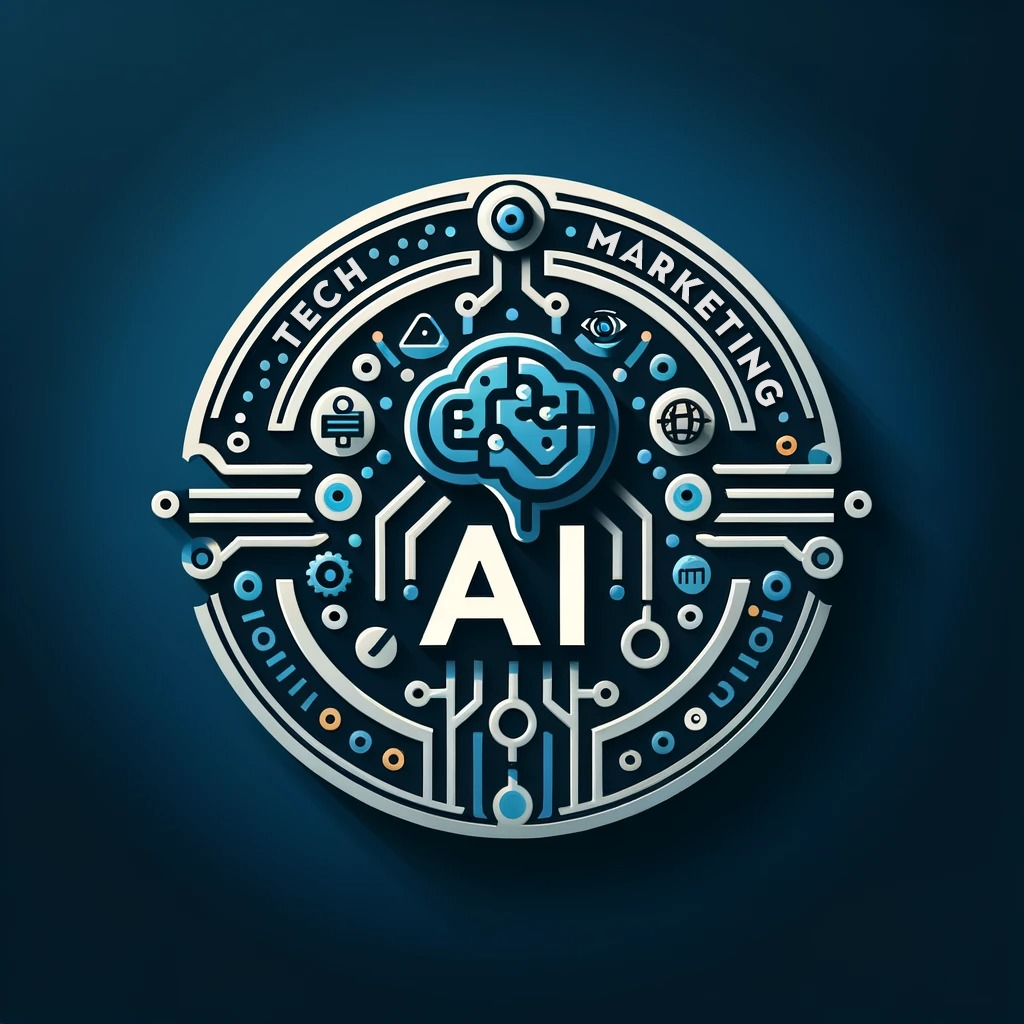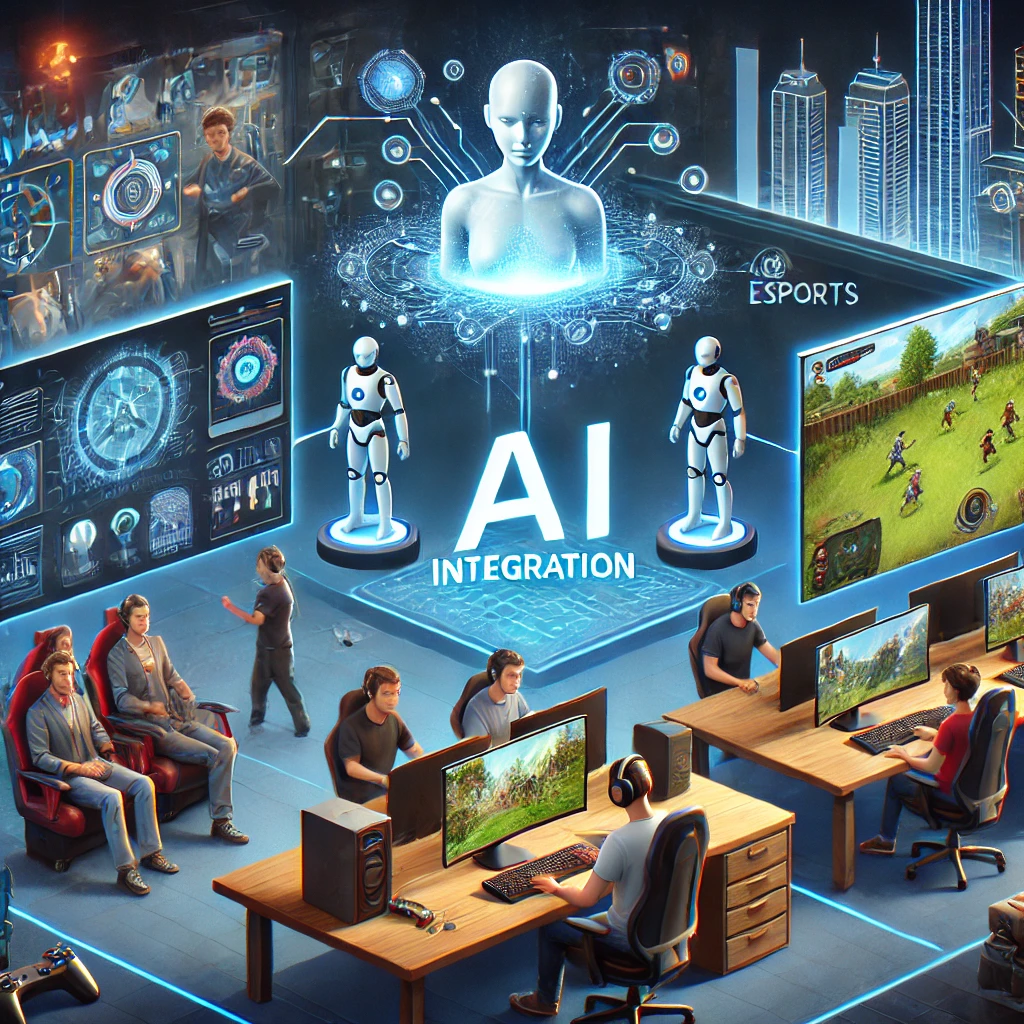The gaming industry has always been at the forefront of technological innovation, pushing boundaries and exploring new frontiers. In recent years, artificial intelligence (AI) has emerged as a transformative force within this space, revolutionizing game development, enhancing player experiences, and creating new opportunities for developers and gamers alike. This blog explores the profound impact of AI in the gaming industry, particularly focusing on the USA, UK, Canada, and Australia, and highlights the latest trends, statistics, and future prospects.
The Rise of AI in Gaming
Enhancing Game Development
AI has significantly streamlined the game development process. Traditionally, game development involved labor-intensive tasks such as creating characters, designing levels, and scripting narratives. AI-powered tools now assist developers in generating realistic environments, designing complex character behaviors, and even creating procedural content. For instance, AI algorithms can analyze player behavior and adapt game difficulty in real-time, ensuring an engaging experience for every player.
Procedural Content Generation
Procedural content generation (PCG) is a groundbreaking application of AI in gaming. PCG algorithms create game content on the fly, reducing development time and costs. Games like “Minecraft” and “No Man’s Sky” leverage PCG to generate vast, dynamic worlds that offer endless exploration opportunities. This technology allows developers to create more content-rich games without the need for extensive manual design.
Intelligent NPCs and Game Characters
Non-playable characters (NPCs) have become more sophisticated thanks to AI. Traditional NPCs followed pre-scripted behaviors, often resulting in predictable and repetitive interactions. AI-driven NPCs, however, exhibit more human-like behavior, making interactions with them more engaging and realistic. These NPCs can learn from player actions, adapt to different playstyles, and provide a more immersive gaming experience.
Enhancing Player Experiences
Personalized Gaming Experiences
AI is at the forefront of creating personalized gaming experiences. By analyzing player data, AI can tailor gameplay to individual preferences, making each session unique. This personalization extends to various aspects, including in-game rewards, difficulty levels, and even storyline choices. For example, AI can analyze a player’s skill level and adjust the game’s difficulty to provide a balanced challenge, keeping players engaged and motivated.
Natural Language Processing and Voice Recognition
Voice recognition and natural language processing (NLP) have brought a new dimension to gaming. Players can now interact with games using voice commands, enhancing immersion and accessibility. Games like “The Elder Scrolls V: Skyrim” and “Mass Effect” incorporate voice recognition to allow players to issue commands and interact with NPCs naturally. This technology not only enhances gameplay but also opens up gaming to a broader audience, including those with physical disabilities.
AI-Driven Storytelling
AI has the potential to revolutionize storytelling in games. Traditionally, game narratives were linear and predetermined. With AI, narratives can become dynamic and adaptive, responding to player choices and actions. This leads to more engaging and personalized stories, where each player’s journey is unique. Games like “Detroit: Become Human” showcase AI-driven storytelling, offering branching narratives that adapt based on player decisions.
AI in Competitive Gaming
Esports and AI
Esports, a rapidly growing industry, has also benefited from AI integration. AI-powered analytics tools provide valuable insights into player performance, helping teams and players improve their strategies. These tools analyze gameplay data, identify strengths and weaknesses, and suggest optimal strategies. Additionally, AI-driven bots serve as sparring partners, allowing players to practice and refine their skills.
Cheating Detection and Fair Play
Maintaining fair play is crucial in competitive gaming. AI plays a vital role in detecting and preventing cheating. Advanced AI algorithms can analyze player behavior and identify anomalies that indicate cheating, such as aimbots or wallhacks. By ensuring a level playing field, AI helps maintain the integrity of competitive gaming and enhances the overall experience for players and viewers.
Regional Insights: USA, UK, Canada, and Australia
Market Statistics
The gaming industry in the USA, UK, Canada, and Australia has witnessed significant growth, driven by advancements in AI and other technologies. According to Newzoo, the USA is the largest gaming market in the world, with an estimated revenue of $43.4 billion in 2023. The UK, Canada, and Australia are also prominent players in the industry, with revenues of $7.5 billion, $3.2 billion, and $2.5 billion, respectively.
AI Adoption in Gaming
AI adoption in gaming varies across these regions. The USA leads in AI integration, with major game development studios leveraging AI to enhance their titles. Companies like Electronic Arts (EA) and Activision Blizzard are at the forefront of AI-driven game development. In the UK, studios such as Rockstar Games and Ubisoft Reflections are exploring AI to create immersive experiences.
Canada is known for its thriving indie game development scene, with many studios experimenting with AI to create innovative games. Australian developers are also making strides, with companies like Mighty Kingdom and Hipster Whale incorporating AI elements into their games. Overall, AI adoption is steadily increasing across these regions, driving innovation and shaping the future of gaming.
AI Research and Development
The USA, UK, Canada, and Australia are hubs for AI research and development. Leading universities and research institutions in these countries are actively exploring AI applications in gaming. For example, MIT in the USA and the University of Cambridge in the UK are conducting groundbreaking research in AI-driven game design and player behavior analysis. Collaboration between academia and the gaming industry fosters innovation and ensures that AI technologies continue to evolve.
Future Prospects and Challenges
AI-Driven Virtual Reality (VR) and Augmented Reality (AR)
The convergence of AI, VR, and AR is set to redefine gaming experiences. AI can enhance VR and AR environments by creating more realistic and interactive worlds. For instance, AI-driven NPCs in VR games can react naturally to player movements and actions, creating a more immersive experience. Additionally, AI can optimize rendering techniques, ensuring smooth and visually stunning graphics in VR and AR games.
Ethical Considerations
As AI becomes more integrated into gaming, ethical considerations come to the forefront. Issues such as data privacy, algorithmic bias, and the impact of AI on employment in the gaming industry need to be addressed. Ensuring that AI is used responsibly and ethically is crucial to maintaining player trust and fostering a positive gaming environment.
AI and Indie Game Development
AI is democratizing game development, enabling indie developers to create high-quality games with limited resources. AI-powered tools and engines, such as Unity and Unreal Engine, offer accessible solutions for small studios. This democratization is leading to a diverse range of innovative and unique games, enriching the gaming landscape.
Continuous Learning and Adaptation
AI technologies in gaming are continuously evolving. Machine learning algorithms, for instance, learn and adapt over time, becoming more efficient and effective. This continuous learning capability ensures that AI-driven games remain engaging and relevant, providing players with fresh and exciting experiences.




